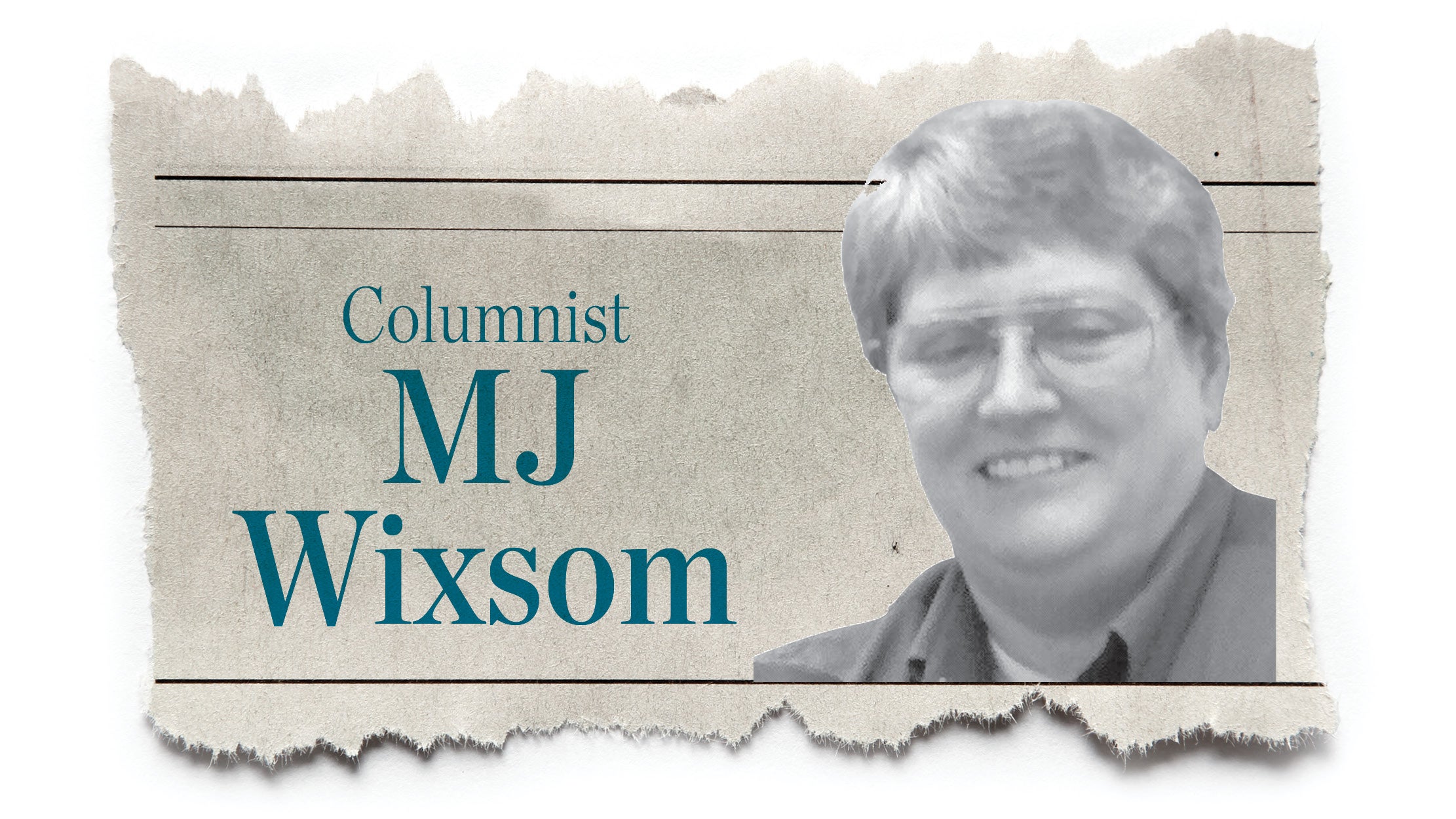Constitution has roots in Christ
Published 11:28 pm Friday, July 31, 2020
As I write this, I find myself in the beautiful state of Pennsylvania. English Quaker William Penn founded Pennsylvania in 1681 when King Charles II granted him a charter for over 45,000 square miles of land.
This charming landscape has the distinct honor of providing the setting for the gatherings of the Congressional Congress, the signing of the Declaration of Independence and the birthplace of the longest living form of national government the world has ever known, and may never know again, the Constitution of the United States of America.
What we have, according to my friend, David Barton, is unique and unmistakably earmarked by the God of Heaven.
“The Framers of the Constitution declared that the forming of that document was a miracle of God. Writing to Thomas Jefferson just a few weeks after the Convention, Constitution signer James Madison said: ‘It is impossible to conceive the degree of concord which ultimately prevailed, as less than a miracle.’ Later Madison wrote: ‘It is impossible for the man of pious reflection not to perceive in it [the Constitutional Convention] a finger of that Almighty hand.’ Even Benjamin Franklin wrote: “Our General Convention … when it formed the new Federal Constitution, [was] … influenced, guided, and governed by that omnipotent and beneficent Ruler in Whom all…live, and move, and have their being.”
George Washington in a letter to his good friend, Gov. Jonathan Trumbull of Connecticut, wrote that the “adoption of the proposed general government” disposed him to be of the opinion “that miracles have not ceased.”
For, he said, one could “trace the finger of Providence through those dark and mysterious events, which first induced the states to appoint a general Convention and then led them one after another…into an adoption of the system recommended by that general Convention.”
Consequently, our form of government derives its authority from God to promote good and restrain evil.
The scriptures bear out this truth.
Paul urges that prayers be made “for kings and all who are in high positions, that we may lead a peaceful and quiet life.”
Paul understood the need for Christian participation in government. Good government encourages an environment conducive for people living peaceably, whereas bad government fosters unrest and instability.
Because of sin, the legitimate institution of government has, at times, been used illegitimately throughout history.
However, examples persist of Christians reasserting their influence and redeeming government to promote good and restrain evil.
In “How Christianity Changed the World,” Alvin Schmidt documents Christian influence in government.
Examples include outlawing infanticide, child abandonment and gladiatorial games in Rome, ending the practice of human sacrifice among European cultures, banning pedophilia and polygamy, and prohibiting the burning of widows in India.
William Wilberforce, a committed Christian, was the force behind the successful effort to abolish the slave trade in England. In the United States, two-thirds of abolitionists were Christian pastors.
This brings front and center the sobering reminder of just what is at stake in our nation at this juncture.
Being a connoisseur of American history, I was moved deeply by the words of a letter written by George Washington to his dear friend and neighbor, George William Fairfax, on May 31, 1775.
Fairfax was living in England while Washington was looking after his affairs in Virginia.
In the letter, Washington describes the events that took place in Massachusetts on April 19, the shot heard around the world that began the Revolutionary war.
Washington writes, “Unhappy it is, though, to reflect that a brother’s sword has been sheathed in a brother’s breast and that the once-happy plains of America are either to be drenched with blood or inhabited by slaves. Sad alternative! But can a virtuous man hesitate in his choice?”
That’s the line that has haunted me for weeks now… “Can a virtuous man hesitate in his choice?”
Carl Henry rightfully stated that Christians should “work through civil authority for the advancement of justice and human good” to provide “critical illumination, personal example, and vocational leadership.”
Jeremiah 29:7 says: “But seek the welfare of the city where I have sent you into exile, and pray to the Lord on its behalf, for in its welfare you will find your welfare.”
Referring to Babylon, the prophet recognized that secular government served a legitimate purpose in God’s plan for Israel.
Christian influence in the public square contributes transcendent values about moral and ethical issues.
Withdrawal opens a moral vacuum susceptible to influences that pressures government to move outside the purview designated by God.
Christians must care about the stewardship of this liberty we possess and enjoy.
It was on June 8, 1940 that Sir Winston Churchill stirred England with these historic words… “I expect that the Battle of Britain is about to begin. Upon this battle depends the survival of Christian civilization… if we fail, then the whole world, including the United States, including all that we have known and cared for, will sink into the abyss of a new Dark Age…”
In light of what is at stake now in our Stewardship of Liberty, hesitation is not an option.
Tim Throckmorton is the Midwest Director of Ministry for the Family Research Council.





